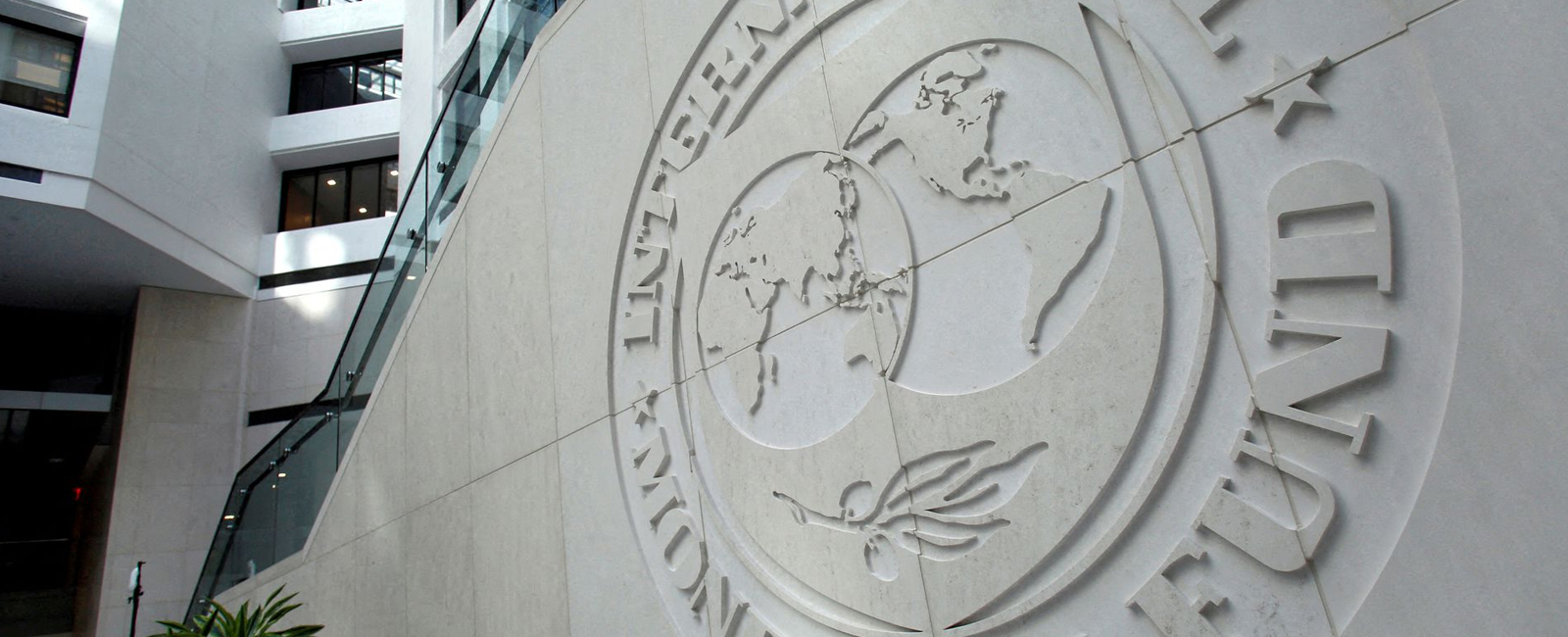‘Hard work’ pays off for Pakistan: Experts weigh in on IMF deal
IMF says it has agreed with Pakistan to resume suspended loan programme that will inject $1.17 billion into economy

The International Monetary Fund (IMF) said Thursday it had reached an agreement with Pakistan to resume a suspended loan programme that will inject $1.17 billion into the country's struggling economy.
A statement from the IMF said a "staff level agreement" — which is still subject to board approval — will bring the amount dispersed under an extended fund facility (EFF) to $4.2 billion, which could increase to $7 billion and stretch until June next year.
An original $6 billion bailout package was signed by former prime minister Imran Khan in 2019, but repeatedly stalled when his government reneged on subsidy agreements and failed to significantly improve tax collection.
The new agreement follows months of deeply unpopular belt-tightening by the government of Shehbaz Sharif, which took power in April and has effectively eliminated fuel subsidies and introduced new measures to broaden the tax base.
"Pakistan is at a challenging economic juncture," Nathan Porter, who headed the IMF team, said in a statement, adding external factors and domestic policies were to blame.
The new government has slashed a raft of subsidies to meet the demands of global financial institutions but risks the wrath of an electorate already struggling under the weight of double-digit inflation.
A new coalition government — which came to power after Khan was ousted by a parliamentary no-confidence vote — has said it will make the tough decisions needed to turn the economy around.
In a bid to secure the IMF loan, Prime Minister Shehbaz has imposed three fuel price hikes — cumulatively totalling 50% — and raised the cost of electricity to effectively end the subsidies introduced by Khan.
Islamabad has so far received $3 billion from the programme, but with the facility due to end later this year, officials sought an extension until June 2023.
When Geo.tv reached out to economic experts, they were of the view that it was indeed the government’s tough decisions that helped it make headway with the IMF to secure the deal.
'A lot of hard work'
Development economist Maha Rahman noted that striking the agreement took "a lot of hard work".
"Difficult decisions had to be taken that will have a cascading impact on inflation and purchasing power. Nevertheless, it is a relief that the decision is finally through," she told Geo.tv.
Having said that, Rahman noted that it is one of those bitter pills that one needs to swallow but really wished they didn't have to.
“We need to start developing domestic productivity to start weaning Pakistan off IMF and other external assistance,” she said.
‘An end to uncertainty plaguing economy’
Uzair Younus, director of the Pakistan Initiative at the Atlantic Council's South Asia Center, said that the agreement will ease markets and bring an “end to the uncertainty plaguing Pakistan’s economy”.
Younus noted that although the disbursement will have to wait until Board approval, it is clear that difficult choices made by the government have led to the agreement being reached.
‘Something big’
The IMF has reached a staff-level agreement with Pakistan, which is “something big”, and in the coming days, it will boost Islamabad’s forex reserves, Alpha Beta Core CEO Khurram Schehzad said.
Schehzad said that once Pakistan gets the loan from the Fund, it will pave the way for donations from friendly countries like Saudi Arabia and others.
He added that in light of the developments, Saudia Arabia might give Pakistan oil on deferred payment, which will, in turn, help the country boost its forex reserves.
More work ahead
Economic expert Dr Khaqan Hassan Najeeb said that It was indeed comforting to see that Pakistan and the IMF have reached a staff-level agreement which paved the way for the completion of the 7th and the 8th review.
“One hopes that this will calm the FX and Euro bonds market which have been quite uneasy for the past few months,” the economic expert said.
Najeeb noted that Pakistan has done quite a bit, in terms of passing the budget, which shows good fiscal consolidation and also tightening the monetary policy so that inflation is tamed in the country.
Still, he said, looking at the external and domestic scenario, a lot of work is still ahead of Pakistan which means ensuring the implementation of fiscal reforms, especially on the revenue side that have been outlined in the budget.
“[These include] ensuring the increasing circular debt of Rs800 billion reached in FY22 in the power sector is curtailed as we move into FY23, also ensuring that the monetary policy stays ahead of the curve,” he said.
“Overall, it is necessary that the country is not only able to meet the prior conditions but the ongoing structural benchmarks, the indicative targets, the performance criteria agreed with the Fund so that not only the Fund money but from ADB and other multilateral start flowing in,” he said.
“All this should help build Pakistan’s foreign exchange reserves that have fallen below $10 billion,” he added.
— Additional input from AFP




